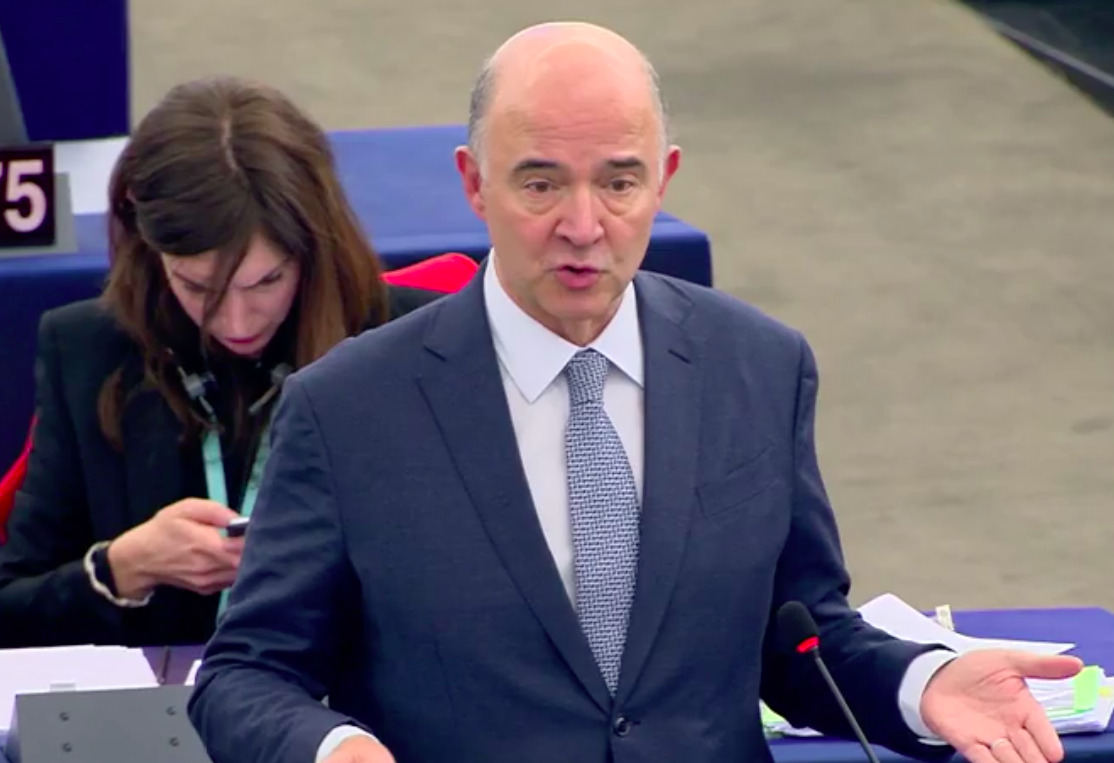Paradise Papers: Rich tax avoiders are ‘vampires’, EU finance chief Pierre Moscovici says

The European Union’s finance chief has slammed wealthy “vampires” who use tax avoidance schemes of the kind detailed in the Paradise Papers.
Pierre Moscovici said that many of the schemes revealed in the latest leak about offshore tax avoidance were “legal” and that meant that the law should be changed.
Mr Moscovici is backing three EU-wide policies aimed at stopping tax avoidance: a blacklist of global tax havens backed by sanctions; new transparency rules for tax intermediaries, bankers, and lawyers; and mandatory country-by-country reporting for profits.
The European Commission wants the blacklist to be agreed at an ECOFIN summit on 5 December to be attended by Philip Hammond – but Britain is reportedly worried about the inclusion of British overseas territories like Bermuda and the Cayman Islands in the list, as well as the severity of sanctions.
The Commissioner said he wanted the tax transparency rules to be agreed in six months, and the new reporting procedures to be in place within a year.
“These aggressive tax planning optimisation schemes, many of them appear to be completely legal. So we have to respond on the legal front by establishing a new legal framework. If this is legal, as many people claim, then we need to change the law,” the finance commissioner told the European Parliament in Strasbourg.
“Transparency is the first weapon in our armoury. It’s the one that will allow us to stop a culture of secrecy, and a feeling of impunity of people who are carrying out tax avoidance.
“They’re sort of vampires, if you like. They don’t seem to fear anything except light, so it is up to us to generate that light.”
The Paradise Papers consisted of over 13 million confidential documents regarding offshore investments by wealthy people around the world that were leaked to German newspaper Süddeutsche Zeitung.
The documents contain the names of more than 120,000 people and companies and shed more light on the tax practices of the very wealthy, following on from the Panama Papers leak released in 2016.

